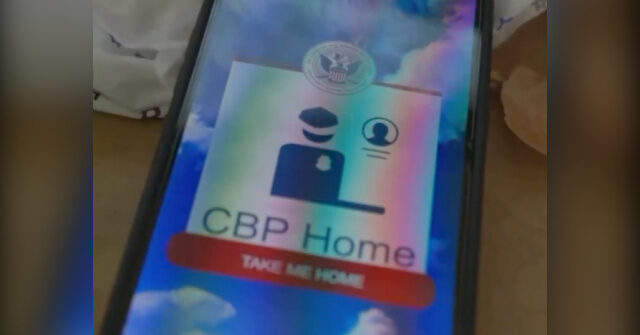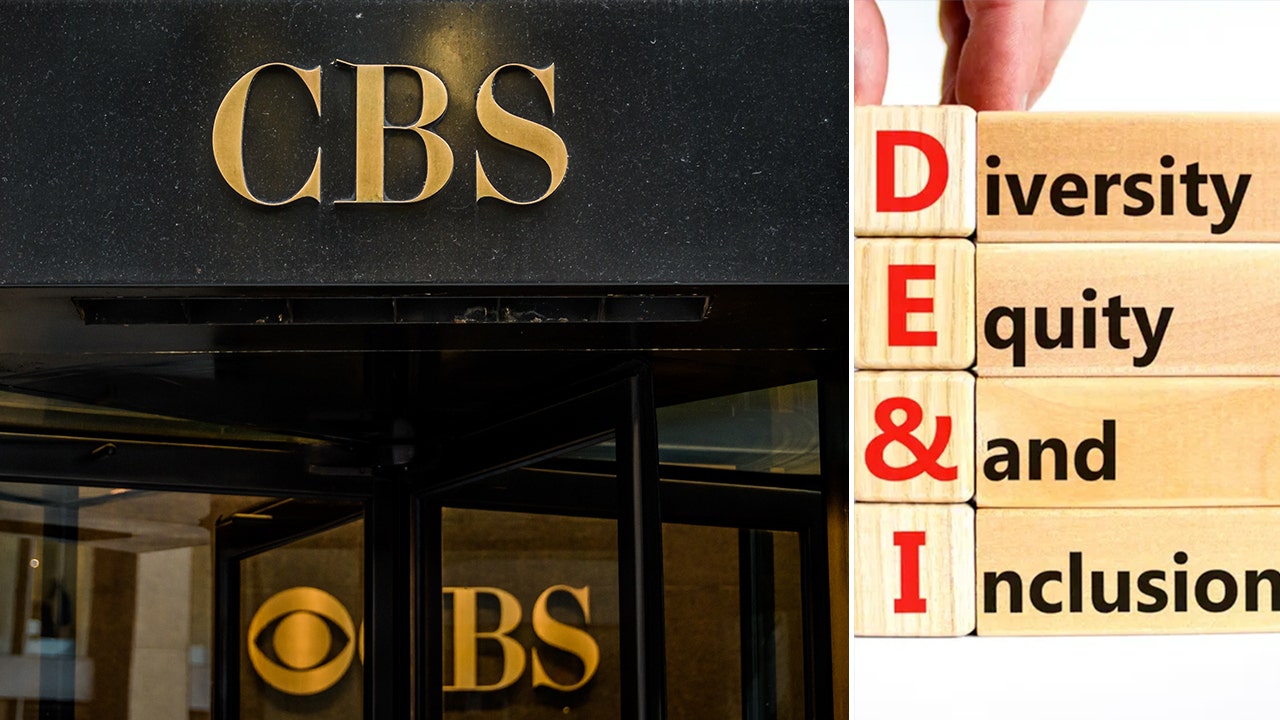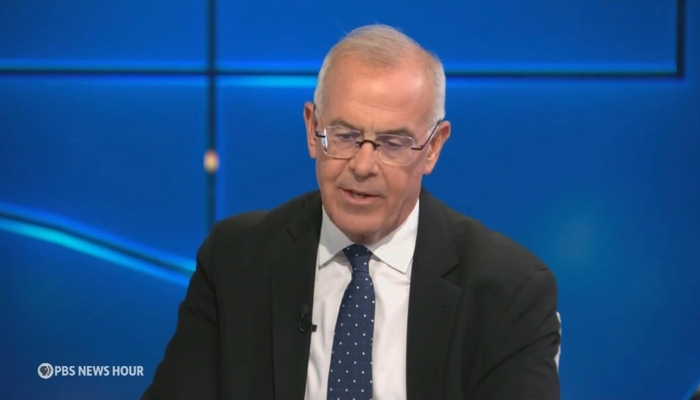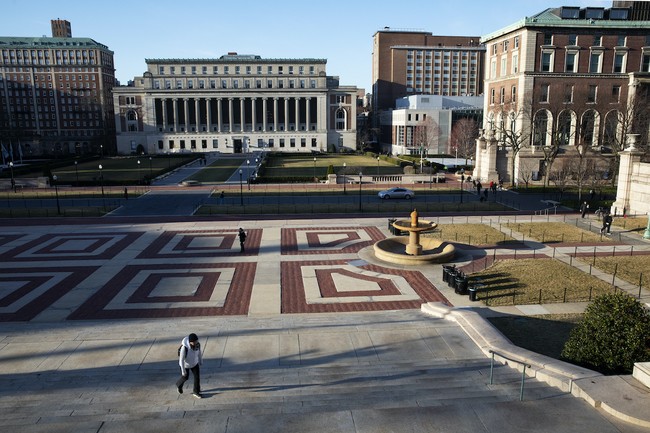Junior doctors must stop their “heartbreaking” strikes, the education secretary has said.
Gillian Keegan said this morning that the offer given to NHS staff of a pay rise of 6 per cent, in line with the public pay review bodies’ recommendations, along with an additional consolidated £1,250 increase, should be taken “seriously” by the unions.
It comes as thousands of junior doctors today walk out for a second day, with four more days of strikes anticipated. It amounts to junior doctors’ longest walkout yet in England.
The British Medical Association (BMA), which represents junior doctors, has warned the government that “doctors are in this for the long run” as it refused to call off strikes.
The Princess Royal visits BASC headquarters in Rossett

Humanist school visitors speak to a quarter of a million pupils
That is despite prime minister Rishi Sunak insisting yesterday that the pay awards are “final” offers to public sector workers who are striking.
The BMA has dismissed the offer as not “credible”, pointing out that it is still below inflation. Ms Keegan today responded that junior doctors are not “exceptional” in facing inflationary pressure.
Ms Keegan told Sky News: “What’s unfair, I think very unfair, is we know there’s a massive backlog in the NHS. We know that’s because of Covid. … What I think is very frustrating for people is they’ve already waited a very long time during Covid and this means their planned operations or treatment has been postponed again”.
“It’s heartbreaking for people because they are in pain, a lot of people, so it is awful, and we would urge them to come back to work and accept the independent pay review body.”
She called on the BMA to take the offer “seriously”.
Professor Philip Banfield, the BMA’s council chairman, told LBC this morning the chances of further doctor walkouts were “very high”.
He pointed to the Scottish government’s offer of a 12.4 per cent increase for junior doctors this year compared to around half that being offered to those in England.
“It’s equally possible that a UK government with higher access to funds could make that kind of negotiation possible as well”, Professor Banfield said.
This morning, Ms Keegan also welcomed the decision of four education unions to immediately cancel planned strikes to accept her plan to increase teachers’ pay by 6.5 per cent this year.
Asked how the government planned to fund the 6.5 per cent increase to teachers’ pay, she said: “What’s always difficult about this is not the headline figure, but how it’s funded.
“One of the things that has made this really difficult is that I’ve known all along that whatever we offer, we also have to offer to fund not all of it – because there is some within the schools budget — but a big chunk of it.”
Pressed on where this money will come from, Ms Keegan pointed to underspends in the department.
“What usually happens with budgets within the department is… you have programmes that you estimate either the demand forecast or how quickly you’re going to deliver them. If you don’t spend it all – and very often you don’t spend it all – then all that money usually goes back to the Treasury.
“What’s happened in this case… is they’ve given us the flexibility to take those anticipated underspends and move them into teachers’ pay.
“Basically we’ve gone through every single line, every single budget painstakingly… and we’ve anticipated where we won’t meet the forecast.”



















Discussion about this post